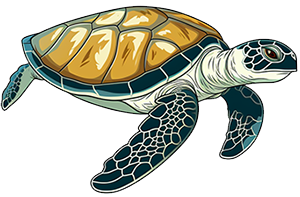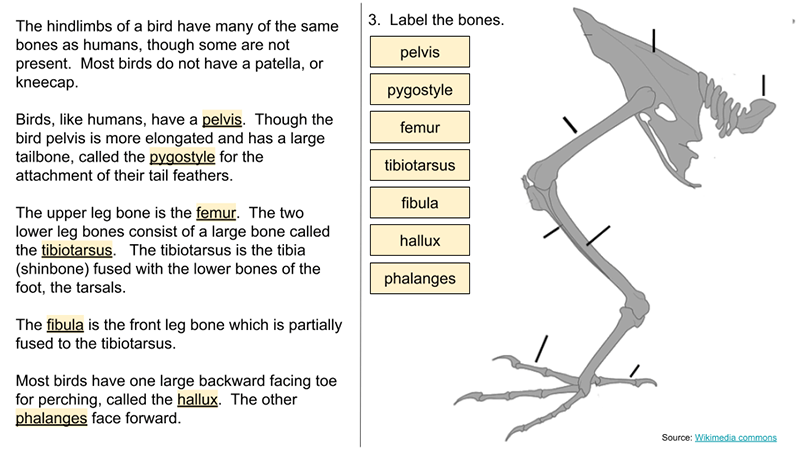Tag: human
-
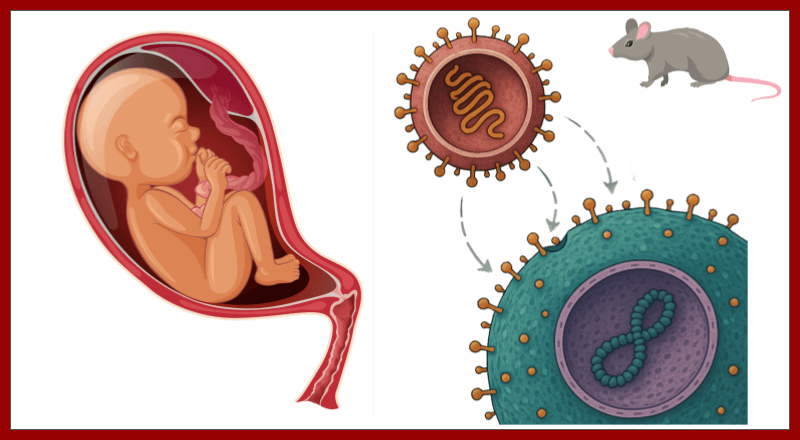
Case Study – The Placenta, MS, and a Viral Past
What if we told your students that a gene critical to human pregnancy came from a virus? And what if that same gene, when turned on in the wrong place, might play a role in multiple sclerosis? This is the real and fascinating story behind Syncytin-1, a protein that reveals just how tangled the relationship…
-
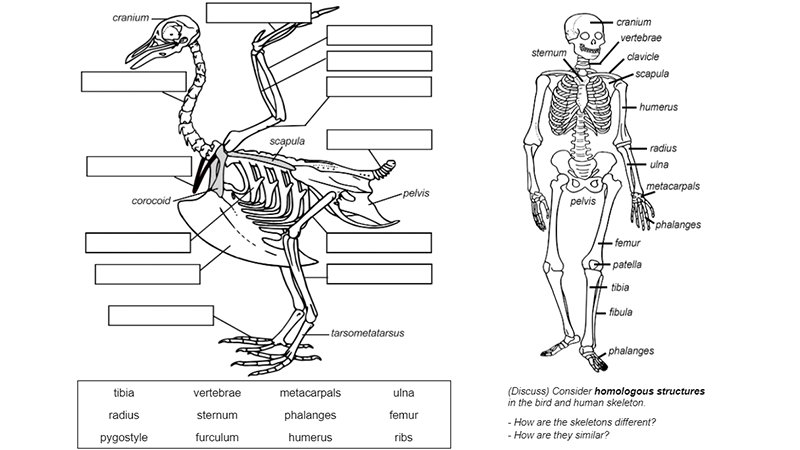
Label the Bones of a Bird and Human Skeleton
Labeling worksheet showing a bird skeleton compared to a human. Students fill in the labels using a word bank and discuss similarities to the human skeleton.
-
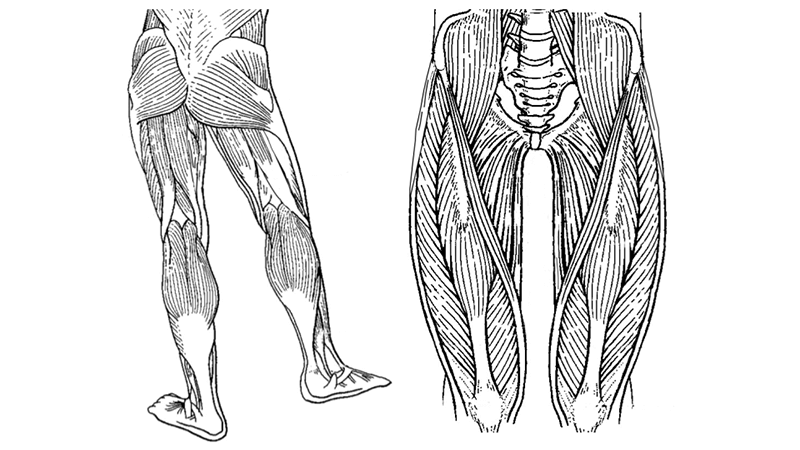
How to Teach the Muscles of the Human Body
Resources for high school anatomy students to learn the major muscles of the body; includes slides, handouts, and links to quizzes.
-
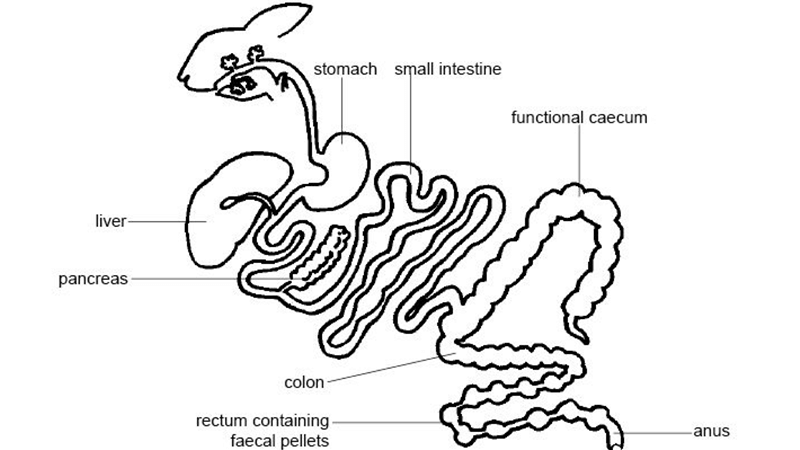
Label the Digestive System of a Rabbit
Students in biology may or may not do extensive dissections, but most biology classes do include a unit on comparative anatomy. Many teachers substitute dissections with virtual labs or paper versions of dissections where students label, color, or cut out parts. This worksheet shows a simplified diagram of a human and a rabbit digestive system…
-
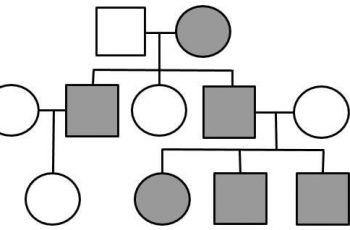
Pedigrees – Human Genetic Disorders
Students practice identifying genotypes on pedigree charts. Focus on human genetic diseases, such as albinism, dwarfism, tay-sachs, and sickle cell anemia.
-
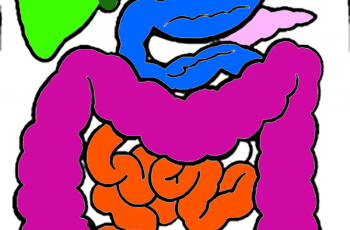
Model the Digestive System with Coloring
The digestive system is a series of organs that work together to break down food into nutrients that the body can use. The digestive system includes the mouth, esophagus, stomach, small intestine, large intestine, rectum, and anus. Coloring activities can be helpful to give students a chance to model the organ systems. I short, coloring…
-
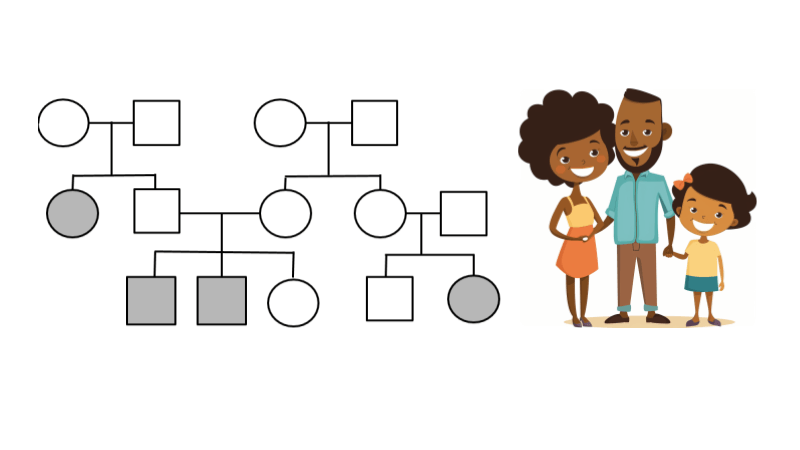
Analyzing Human Pedigrees
Examine pedigrees to determine carriers in a family and inheritance patterns.
-
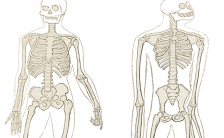
Compare a Human and Chimpanzee Skeleton
This handout can be used in discussions on the evolution of bipedalism or in any unit on the skeletal system. Students label the bones of the skeleton and make comparisons between the forelimbs, hind limbs, and pelvis. I created this handout to compliment an evolutionary lesson and video from HHMI on the “Origin of Humans”…
-
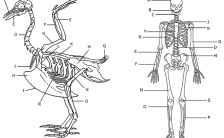
Comparing a Human and Avian Skeleton
Students often learn the bones of a human skeleton in health, but biology class can reinforce these lessons by comparing the human skeleton to that of other vertebrates. In this case, students color the skeleton of a bird and a human according to the directions. The colors will illustrate how many of the bones…
-
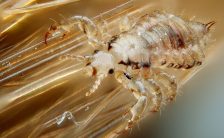
Case Study – Lice and Human Evolution
Google slides present a case of human evolution and the evolution of body lice. Students read details and data and answer questions in small groups.
-

Observing Human Cheek Cells with a Microscope
In this lab, students use a toothpick to get a sample of cells from the insides of their cheek, stained with methylene blue.
-
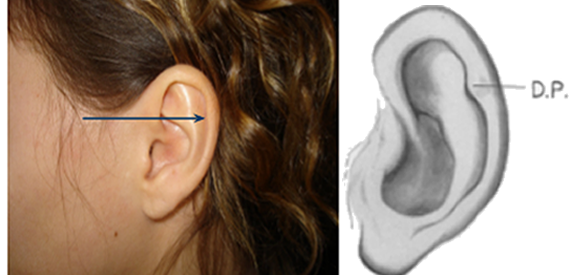
Human Traits Bingo
This activity is a good starter for genetics units. Students are often fascinated by traits that are visible. Lively discussions of human genetics will often include students asking tons of questions about what they view as “oddities.” Though, many of those traits would be difficult to establish as strictly genetics, it provides a good…
